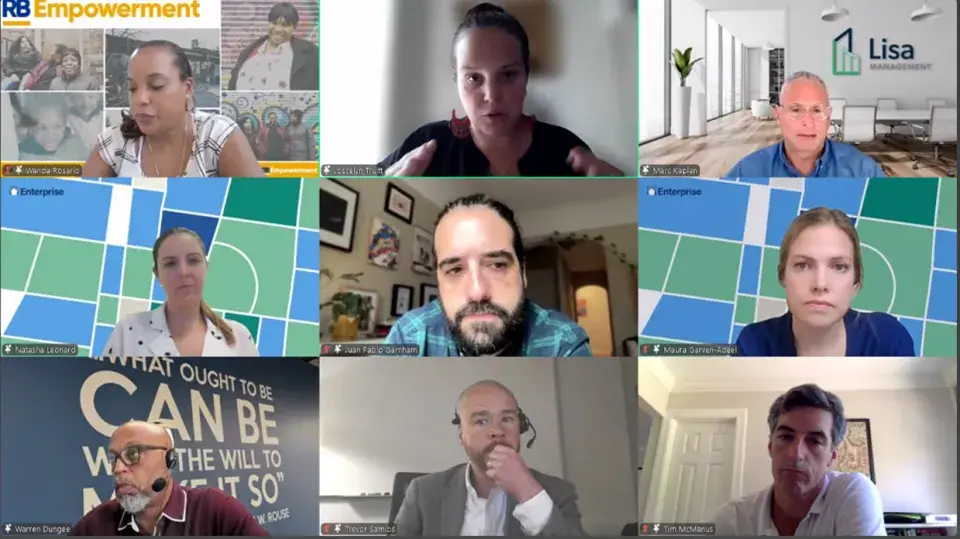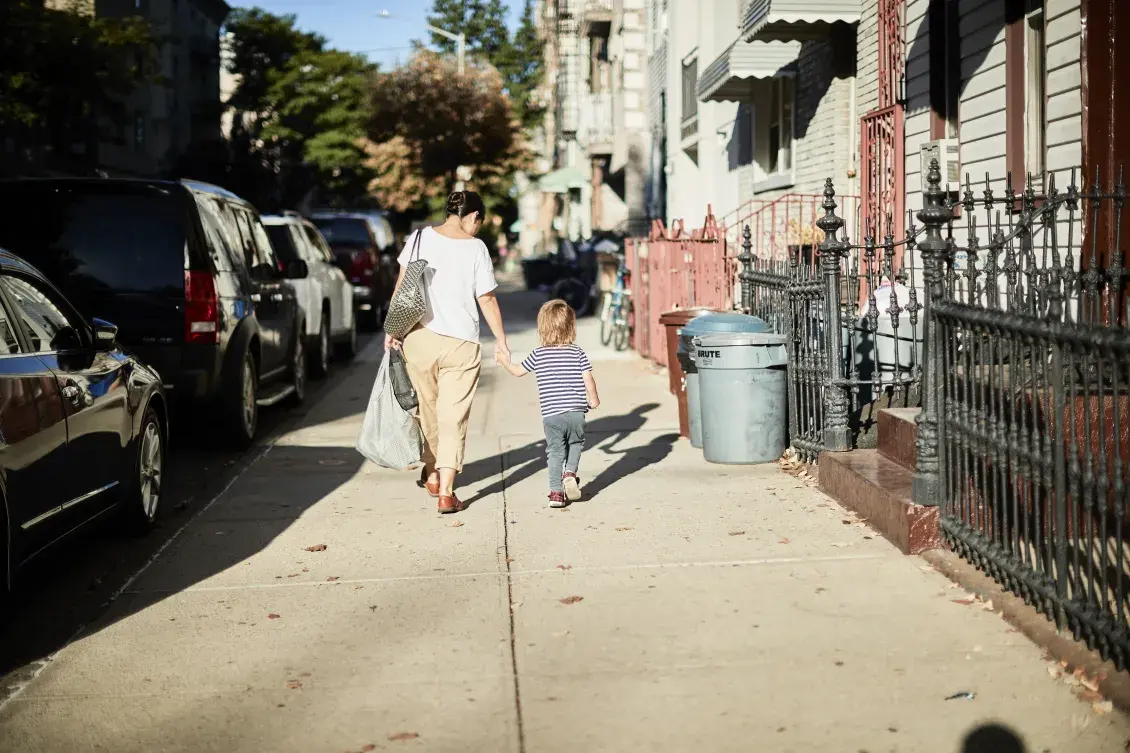Since the onset of the Covid-19 pandemic, persistent rental arrears have posed serious challenges to both residents and operators of affordable housing. Reduced rent collection threatens the ability of the owner to pay staff, cover operating expenses, and keep the property in good condition.
More importantly, unpaid rent jeopardizes the very housing security of the families impacted, risking eviction that is not only destabilizing, but often traumatic, with lasting impacts on health and overall wellbeing.
Long-term solutions to support affordable housing operators and stabilize families will require legislative and budgetary action from government entities. However, there are strategies that housing owners can undertake proactively. Supporting those who consistently pay rent, connecting residents to help quickly when they fall behind, building partnerships with service providers, and generally strengthening relationships with residents requires nothing from government and is in the best interest of owners and tenants both.
Improving Financial and Operational Sustainability
The Housing Access and Opportunity Team at Enterprise New York hosted a webinar to discuss current eviction trends and practical strategies that owners and property managers have implemented to increase tenant engagement, prevent eviction and improve housing stability within NYC and beyond. Panelists included:
- Juan Pablo Garnham, Eviction Lab
- Trevor Samios, WinnCompanies
- Tim McManus, Catholic Charities Progress of Peoples Development Corporation
- Warren Dungee, Enterprise Community Residential
- Maura Garven-Adeel, Enterprise Community Development
- Joscelyn Truitt, RiseBoro Community Partnership
- Wanda Rosario, RiseBoro Community Partnership
- Marc Kaplan, Lisa Management

Juan Pablo Garnham at Eviction Lab began by providing context on the eviction landscape in NYC within national trends and data from his recent report to highlight some of the policies that have helped to keep tenants housed. Recent data has found that evictions impact 7.6 million people in any given year, including almost 3 million children, and more than 200,000 children in New York State.
Key Takeaways
The Cost of Eviction is Often Greater for Operators than Nonpayment of Rent
WinnCompanies, one of the largest affordable housing operators in the country, found that eviction cases often cost considerably more than the amount owed for nonpayment of rent. In their portfolio, when accounting for vacancy loss, legal fees, repairs and turnover, eviction costs can range between $4,000 and $8,000. For both parties, it is more worthwhile to meet with tenants, understand their needs, and work together to place tenants on a path toward on-time payments.
“Housing instability, coupled with other forms of hardship — joblessness, income loss, asset depletion, rising expenses — most severely affect residents with extremely low to moderate incomes and the least ability to recover from financial hardship or disruption,” said WinnCompanies’ Trevor Samios. This is compounded, too, by the rising cost of living in the United States and the very real and potential future diminished eligibility of federal assistance programs.”
The Power of Active Management and Identifying Low-Hanging Fruit
Simple tenant engagement is one of the most powerful ways that operators can incentivize on-time rent payments. Operators have found great success in proactive engagement by communicating early with tenants. Tim McManus at Catholic Charities POP stressed the importance of knocking on doors, posting notices, and using data to identify targeted approaches to addressing arrears. For example, POP identified that many seniors were in arrears because they were not aware of annual rent increases; simply leveraging personal outreach to let them know and working with them on repayment plans allowed them to recoup a significant back rent and get many residents back on track. “It's caused our organization to rethink our purpose,” McManus said. “It's not enough now to just build housing and to have someone move in. It's not enough just to provide a home. You really need to be a lot more active in your management to achieve more positive outcomes.”
When active outreach is supplemented with supports like financial coaching, needs assessments, opportunities to enter a personalized repayment plan, or a 24/7 AI platform that conducts tailored communication to tenants, better outcomes are achieved.
Effectively Leveraging Debt Forgiveness to Combat Collections Challenges
The confluence of the pandemic, emergency rental assistance, and courts challenges led to untenable rates of rental collection. In response, Enterprise Residential launched the Amnesty Program, a series of pilot programs that forgives arrears balance after 12 months of on-time payments. Although high arrears were a concern, the priority was to help set tenants on a path to making their rent payments each month for the long-term.
With each iteration of the program, Enterprise increased tenant engagement and had more frequent touchpoints with tenants to address the issue, contributing to greater progress in the second pilot. Its current iteration explores whether providing tenants with the gratification of seeing their ledgers cleared instantly will help establish a pattern of timely payments moving forward.
Partnering with Social Service Providers to Bridge the Landlord-Tenant Relationship
Tenants do not always feel comfortable sharing their financial challenges with their landlord. Shifting that role to a social service provider with expertise in building trust with tenants and navigating housing resources, allows them to come up with a repayment plan more effectively and to address barriers to longer-term stability.
Home 4 Good, an upstream eviction prevention program, proactively identifies and assists tenants experiencing rental arrears while reducing the burden on property management staff. It partners directly with landlords who refer tenants that are behind on rent to housing nonprofits like RiseBoro, which then work with tenants. Marc Kaplan at Lisa Management, an affordable housing owner and a Home 4 Good partner, attested to the benefits of the program. It allows owners to focus on their core business, while experts use a caring approach to ultimately alleviate the financial stress of arrears.
Call for NYC Housers to Participate in Home 4 Good
RiseBoro Community Partnership and Enterprise Community Partners are seeking mission-aligned affordable housing providers with NYC portfolios to participate in the next phase of scaling Home 4 Good, which is designed to proactively assist tenants experiencing rental arrears and improve housing stability.
There is a limited opportunity to join the program as a partner for Fall 2025.
Interested organizations should complete this Expression of Interest form by August 15, 2025.
